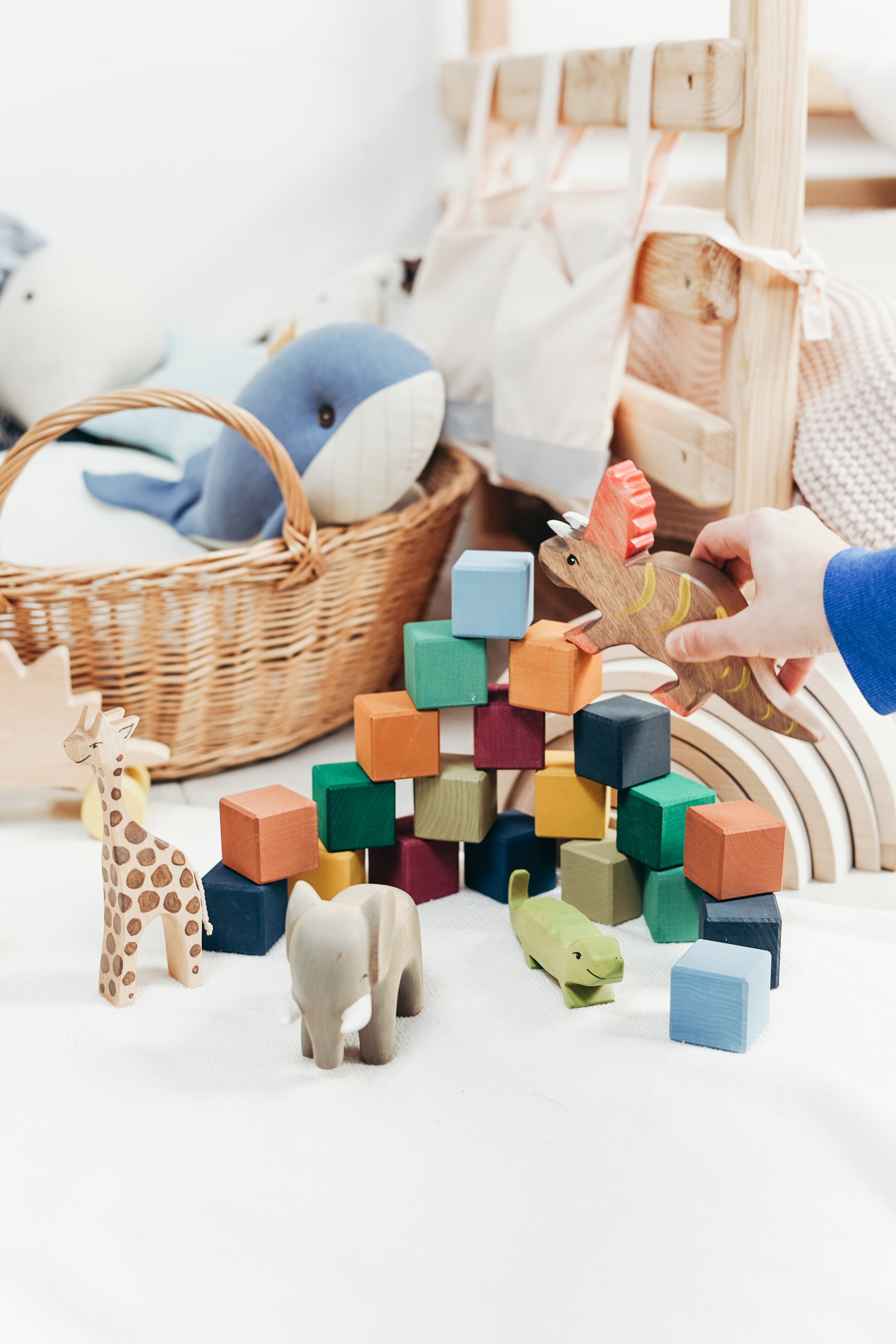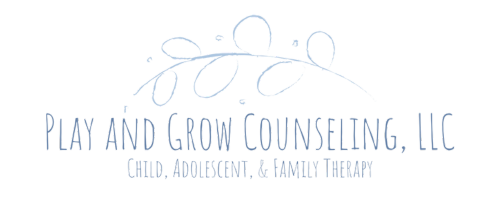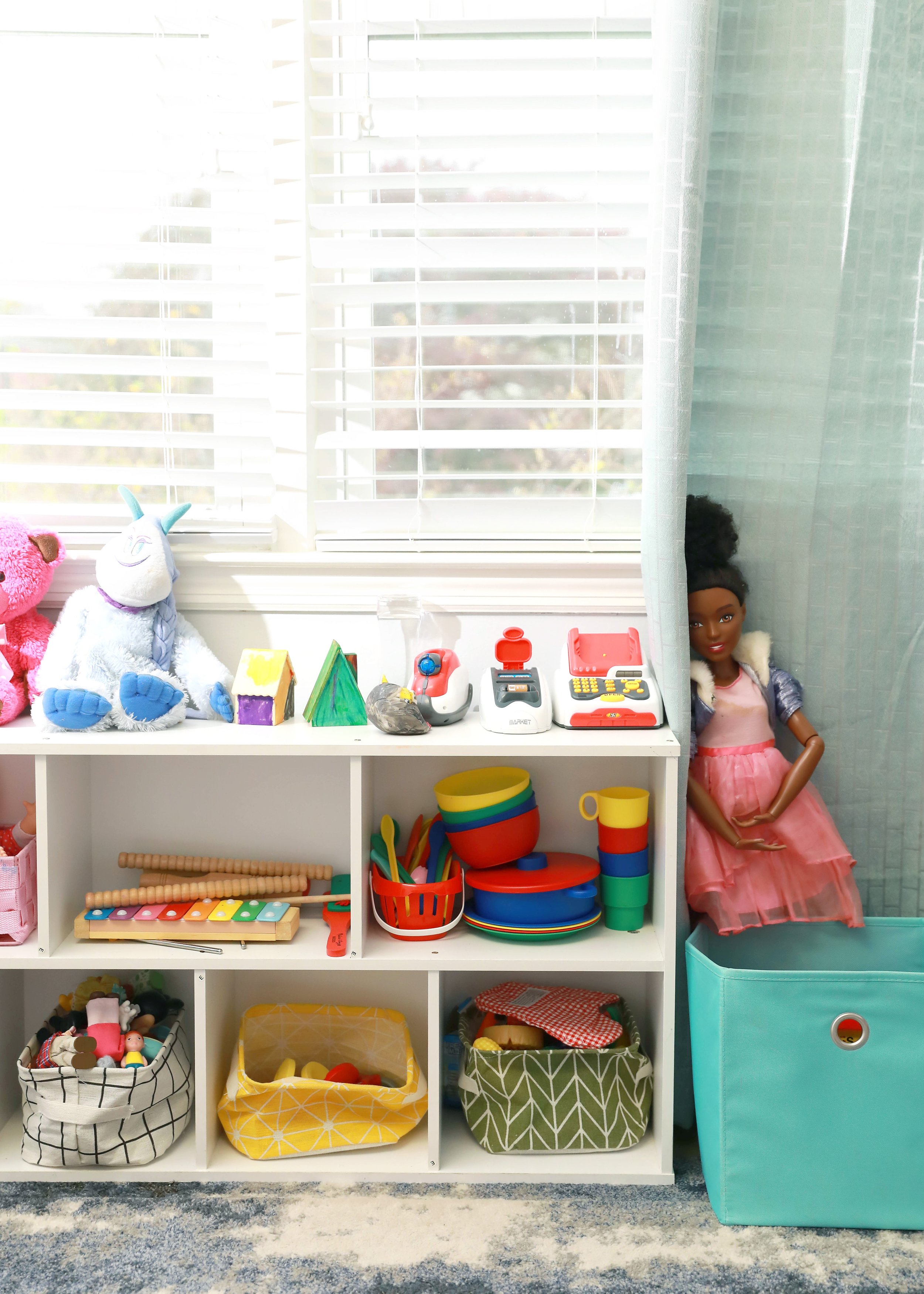Play Therapy
Play Therapy is a research-based and effective approach to support children in healing and growth.
What is Play Therapy?
Play therapy is a theoretical approach for children ages 2 years-12 years. Supported by research, this approach allows children to express themselves and enhance their interpersonal skills through play. Play is a natural part of childhood and an important factor in child development. In play therapy, the toys become a child's words and play is their language. Therapists use play therapy to help children express their thoughts and emotions when they do not have the words to express their feelings.
The toys found in the playroom are selected for children to express their thoughts and emotions. Therefore, the toys essentially are the words and play is the language!
How can Play Therapy help my child?
Become more responsible for behaviors
Develop new and creative solutions to problems.
Develop respect and acceptance of self and others.
Learn to experience and express emotion.
Cultivate empathy and respect for the thoughts and feelings of others.
Learn new social skills and improve family relationships
Develop self-efficacy and recognition of personal abilities
If we look at the brain, our most complex thinking and mental processing happen in the cerebral cortex. BUT the cerebral cortex isn’t fully developed until your mid-20s. Therefore, it’s much harder for a child to process the experiences that they are going through or navigate ways to overcome their internal struggles through traditional talk therapy. In a play therapy setting, children can experience, process, and practice solutions through play within the safety of a healthy therapeutic relationship.
Why does play therapy work?

For more information on this approach, visit the website for the Association for Play Therapy
How do I know if counseling will work for my family?
Booking a free meet and greet is a great way to answer this. During these 30-minutes, you’ll have the opportunity to meet your potential therapist, see the office space, share some of your concerns, and see what might be helpful moving forward.


